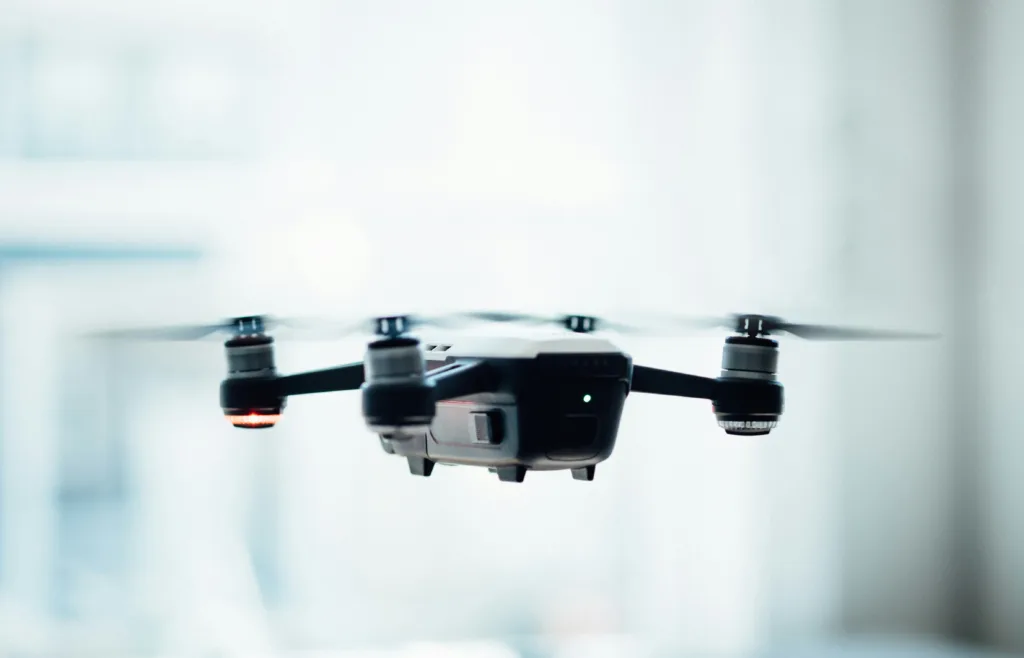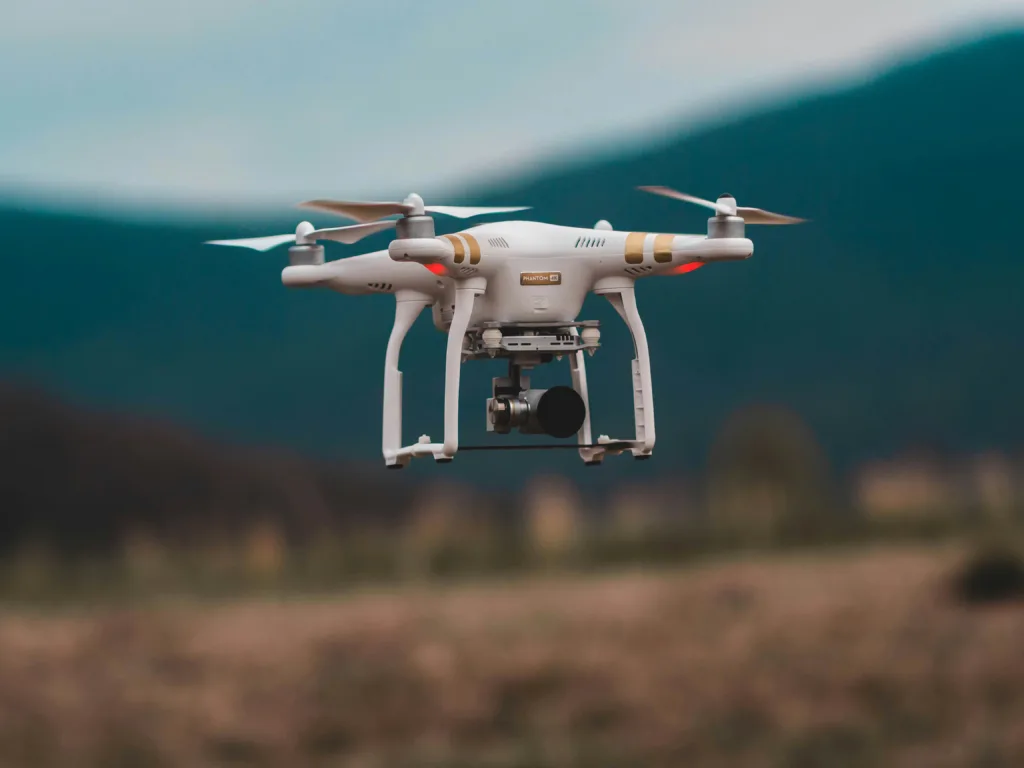In an exciting leap forward for healthcare logistics, Mayo Clinic has partnered with Zipline, a leading instant logistics and delivery company, to deploy drones for the delivery of patient supplies directly to homes. This innovative collaboration will benefit patients in Minnesota and Florida enrolled in Mayo Clinic’s hospital-at-home program, ensuring they receive essential medical supplies swiftly and efficiently via Zipline’s advanced Platform 2 drone system.
These autonomous electric drones are capable of transporting up to eight pounds of cargo over a 10-mile radius in just 10 minutes, combining fixed-wing flight with precision hovering capabilities for accurate deliveries right to the patient’s doorstep. This initiative underscores Mayo Clinic’s commitment to leveraging cutting-edge technology to improve patient care, while also addressing wider healthcare access issues by enhancing the delivery of vital medications and supplies.
Table of Contents
Mayo Clinic Partners with Zipline for Drone Delivery of Patient Supplies
Have you ever wondered how technology could revolutionize healthcare delivery, especially for those who require immediate medical supplies or live in remote areas? Look no further! The intriguing partnership between Mayo Clinic and Zipline promises to reshape the future of healthcare delivery by utilizing drones to deliver essential patient supplies.
This article dives deep into this groundbreaking collaboration, explaining how it works, its expected impact, and the challenges it aims to overcome. Let’s explore how this revolutionary partnership stands to benefit patients and healthcare systems alike.
The Partnership: Mayo Clinic and Zipline
The Mayo Clinic, a cutting-edge medical center renowned for its commitment to patient care, has teamed up with Zipline, an innovative instant logistics and delivery company. The aim? To transform the way medical supplies are delivered to patients’ homes, especially those enrolled in Mayo Clinic’s hospital-at-home programs in Minnesota and Florida.
What is Zipline’s Platform 2?
Zipline’s Platform 2 is the shining star of this collaboration. It’s an advanced, autonomous electric drone system capable of carrying payloads weighing up to eight pounds and covering distances of up to ten miles in just ten minutes. This dual-mode drone can combine fixed-wing flight for longer distances with hovering capabilities for precise deliveries. A mini-aircraft, or “droid”, then lowers the package from a height of 330 feet directly to a designated spot—say, your doorstep.
How the System Works
The process is intricate yet seamless, aimed at providing a hassle-free experience for both patients and healthcare providers.
| Step | Process Description |
|---|---|
| 1 | Order Placement: A patient or healthcare provider places an order for necessary medical supplies. |
| 2 | Packaging: The requested items are carefully packaged, taking into account the weight and fragility of the contents. |
| 3 | Loading the Drone: The package is securely loaded onto one of Zipline’s Platform 2 drones. |
| 4 | Autonomous Flight: The drone autonomously flies to the patient’s location, using a combination of fixed-wing and hovering modes for efficiency and precision. |
| 5 | Delivery: A mini-aircraft or “droid” lowers the package from 330 feet to a designated area, such as a doorstep or a backyard. |
| 6 | Notification: The patient receives a notification upon delivery completion, confirming that the supplies have arrived safely. |
Real-world Applications
Patients enrolled in Mayo Clinic’s Advanced Care at Home program benefit tremendously from this service. They receive essential equipment like a computer for video consultations, a personal emergency response bracelet, a dedicated phone line for instant medical advice, a router for internet connectivity, a backup power supply, and vital sign monitoring devices.
In addition to these, the partnership ensures that medications and medical supplies are delivered directly to the patient’s home using Zipline’s state-of-the-art drone service.

This image is property of images.unsplash.com.
The Benefits: How This Partnership Improves Healthcare
The Mayo Clinic-Zipline collaboration is anticipated to bring about numerous benefits, both for the healthcare system and patients.
For Patients
Convenience and Speed
Patients no longer have to wait for extended periods to receive their medical supplies. With drones capable of flying up to ten miles in just ten minutes, the waiting time is significantly reduced.
Safety and Reliability
Drones can reach remote or hard-to-access areas, ensuring that all patients, even those in rural regions, receive their necessary supplies. This is especially crucial for the elderly or those with mobility issues.
Continuous Care
The timely delivery of medical supplies ensures that patients can seamlessly continue their treatments at home, avoiding unnecessary hospital visits.
For Healthcare Providers
Operational Efficiency
With drones handling the majority of the delivery logistics, healthcare providers can focus more on patient care rather than logistics and supply chain management.
Cost Savings
Though initial investments in drone technology may be high, the long-term savings in transportation and labor costs are substantial. Plus, the efficiency gained in delivery times translates into better patient outcomes and reduced healthcare costs overall.
Innovation and Advanced Care
The use of drones represents a leap towards the integration of next-gen technology in healthcare. Providers are setting a precedent for the future by embracing these innovations early on.
Overcoming Challenges
No new technology comes without hurdles, and drone delivery for healthcare is no exception.
Regulatory Hurdles
One of the biggest obstacles that drone delivery companies face is Federal Aviation Administration (FAA) regulations. The FAA generally requires unmanned aerial systems to be flown within an operator’s visual line of sight, which restricts the routes and distances these drones can cover.
However, in a significant breakthrough, the FAA authorized Zipline to deliver commercial packages beyond the operator’s visual line of sight in Salt Lake City without the need for visual observers. As the regulatory landscape evolves, we can expect more such exemptions, paving the way for widespread adoption of drone deliveries.
Technical Limitations
Though Zipline’s drones are state-of-the-art, they come with inherent technical limitations such as payload capacity and flight range. These factors can restrict the types and amounts of supplies that can be delivered in one trip. Continuous advancements in drone technology are expected to mitigate these limitations over time.
Public Perception and Trust
New technologies often face resistance until they become widely accepted. Ensuring that the public understands the reliability, safety, and benefits of drone delivery will be crucial in overcoming any skepticism.

This image is property of images.unsplash.com.
The Larger Trend: Drones in Healthcare
Mayo Clinic and Zipline are part of a broader movement of healthcare providers leveraging drones to enhance medical supply logistics.
Healthcare Partnerships
Zipline has already partnered with several other major healthcare systems, such as:
- Memorial Hermann Health System
- Intermountain Health
- Michigan Medicine
- MultiCare Health System
- OhioHealth
- WellSpan Health
- Cleveland Clinic
These collaborations have expanded the reach of Zipline’s innovative technology, providing faster and more reliable delivery of medications and medical supplies to various patient demographics.
Competition: Amazon Pharmacy
Not to be outdone, Amazon Pharmacy also launched a free drone delivery service for prescription medications last year, promising deliveries within 60 minutes for eligible customers in College Station, Texas. This service covers over 500 medications for common conditions like flu, asthma, and pneumonia.
Future Prospects: What’s Next?
As drone technology advances and regulatory frameworks evolve, we can anticipate even more extensive use of drones in healthcare. Here are some exciting prospects:
Expanding Reach
The capability to deliver supplies over longer distances and to more remote locations will likely expand. This could be a game-changer in addressing healthcare disparities, especially in rural or underserved communities.
More Complex Deliveries
As drone technology evolves, the capacity to handle larger, more complex, and more diverse payloads will likely improve. This would expand the range of medical supplies and equipment that can be delivered, from simple medications to sophisticated medical devices.
Broader Adoption
With proven success in the current collaborations, more healthcare systems are likely to adopt drone delivery services. This will foster a competitive market, leading to continued innovation and improvement in the drone delivery ecosystem.
Integrating with Other Technologies
We might see drone deliveries integrated with other emerging technologies like AI for route optimization, blockchain for secure transaction tracking, and IoT for real-time package tracking and environmental monitoring.

This image is property of images.unsplash.com.
Conclusion: A Promising Future
The partnership between Mayo Clinic and Zipline represents a promising step forward in the integration of advanced technology into healthcare logistics. By leveraging drones for the delivery of medical supplies, they are setting a new standard for efficiency, reliability, and patient care.
As the technology continues to evolve, and as regulatory hurdles are addressed, drone delivery stands to become a cornerstone of modern healthcare delivery, benefiting both patients and providers significantly.
So, the next time you think about how healthcare could be made more efficient and accessible, remember that the future might just involve a drone dropping off your essential medical supplies right at your doorstep. Exciting times lie ahead!
Related site – Mayo Clinic taps Zipline for drone delivery of meds, supplies to hospital-at-home patients

